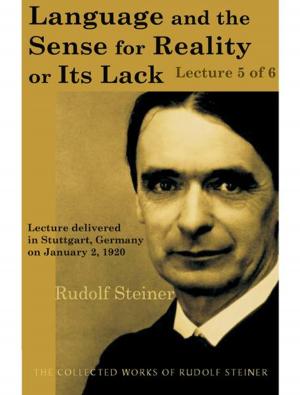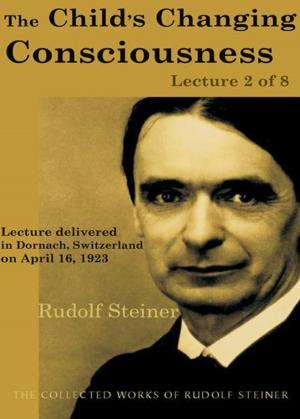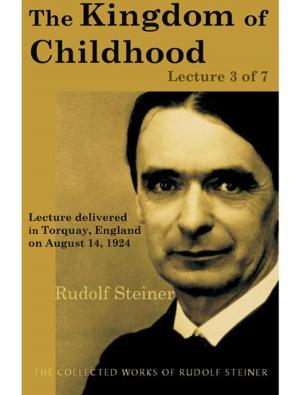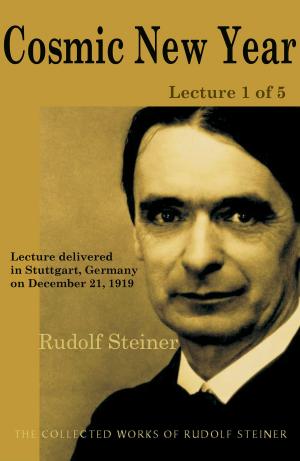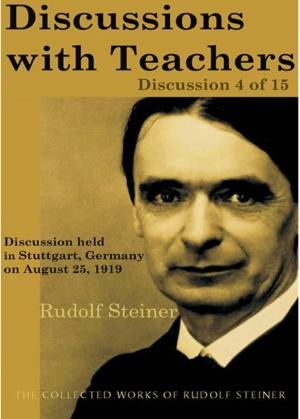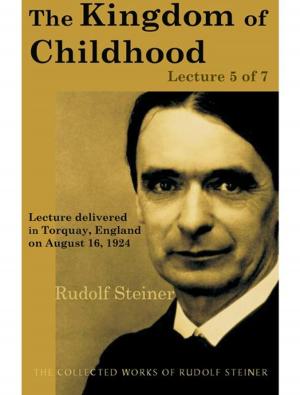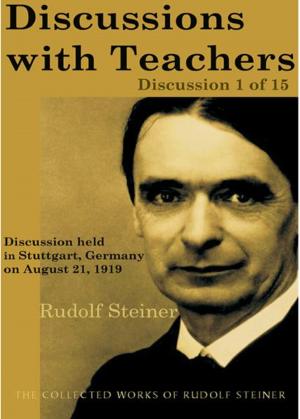Deliverance of the Spellbound God: An Experiential Journey into Eastern and Western Meditation Practices
Nonfiction, Religion & Spirituality, Philosophy, Mind & Body| Author: | Marie-Laure Valandro | ISBN: | 9781621511212 |
| Publisher: | Steinerbooks | Publication: | November 1, 2011 |
| Imprint: | Lindisfarne Books | Language: | English |
| Author: | Marie-Laure Valandro |
| ISBN: | 9781621511212 |
| Publisher: | Steinerbooks |
| Publication: | November 1, 2011 |
| Imprint: | Lindisfarne Books |
| Language: | English |
In these introductions, Robert Sardello introduces us to many people we may not otherwise have met and introduces us to many ways of being and thinking, which we didnt know before. The range of those we meet in these pages is staggering. At the same time, there is a sweet harmony and ever-unfolding deepening of a single theme. Miraculously, it pervades and shapes the entire sequence of those whom he presents, even though he often wrote in response to a request, and not initially on his own initiative. He writes of matters with which he has made a deep friendship, and out of that friendship he has received and participated in a communion of ideas. He is able to do this because he has entered the aspiration of those he is introducing at the deepest level, making their insights his own, and deepening them in his own way. An introduction conveys a particular soul capacity. For Robert Sardello, soul capacities are of the essence of what he calls Spiritual Psychology. Together with the worlds and beings to which they correspond, it is such capacities that make us human and enable us to fulfill our human tasks. Reading these introductions is an astonishing experience. Within their short, individual compasses, they allow us to participate in Roberts own journey: to catch, as it were, the bird in flight and fly with it. That is, they map his journeyat least, that portion of it that began to unfold as his destiny began to crystallize. In the second poem, called After the Storm, Rilke, invokes Jacob wrestling with the Angel: How small what we wrestle with is, / what wrestles with us, how immense, / were we to let ourselves be conquered, /the way things do, by a great storm, / we would become wide and nameless / What we triumph over is the small, / And our success itself makes us petty, / The eternal and uncommon / will not be bent by us. . . . / Those whom the Angel, who / so often declined to fight, overcomes, / walk upright and justified / and great out of that hard hand / which, as if sculpting, nestled around them. / Winning does not tempt them. / Their growth is: to be the deeply defeated / By ever greater things. In these introductions Robert shows us howif we are not afraid to plunge into the mystery, to encounter the unknowable in silencewe may blessed, as well as wounded as Jacob was.
In these introductions, Robert Sardello introduces us to many people we may not otherwise have met and introduces us to many ways of being and thinking, which we didnt know before. The range of those we meet in these pages is staggering. At the same time, there is a sweet harmony and ever-unfolding deepening of a single theme. Miraculously, it pervades and shapes the entire sequence of those whom he presents, even though he often wrote in response to a request, and not initially on his own initiative. He writes of matters with which he has made a deep friendship, and out of that friendship he has received and participated in a communion of ideas. He is able to do this because he has entered the aspiration of those he is introducing at the deepest level, making their insights his own, and deepening them in his own way. An introduction conveys a particular soul capacity. For Robert Sardello, soul capacities are of the essence of what he calls Spiritual Psychology. Together with the worlds and beings to which they correspond, it is such capacities that make us human and enable us to fulfill our human tasks. Reading these introductions is an astonishing experience. Within their short, individual compasses, they allow us to participate in Roberts own journey: to catch, as it were, the bird in flight and fly with it. That is, they map his journeyat least, that portion of it that began to unfold as his destiny began to crystallize. In the second poem, called After the Storm, Rilke, invokes Jacob wrestling with the Angel: How small what we wrestle with is, / what wrestles with us, how immense, / were we to let ourselves be conquered, /the way things do, by a great storm, / we would become wide and nameless / What we triumph over is the small, / And our success itself makes us petty, / The eternal and uncommon / will not be bent by us. . . . / Those whom the Angel, who / so often declined to fight, overcomes, / walk upright and justified / and great out of that hard hand / which, as if sculpting, nestled around them. / Winning does not tempt them. / Their growth is: to be the deeply defeated / By ever greater things. In these introductions Robert shows us howif we are not afraid to plunge into the mystery, to encounter the unknowable in silencewe may blessed, as well as wounded as Jacob was.

